KGS plans two New Hydrogen Safety Inspection Facilities
This year, South Korea will launch two new hydrogen safety inspection facilities in accordance with the Hydrogen Act. The Korea Gas Safety Corporation (KGS) is set to open the Hydrogen Products Test and Evaluation Center in Eumseong-gun in March, and the Hydrogen Appliance Test & Inspection Center in Wanju-gun in June. Pressure vessels and similar products require KGS registration to be approved for import and use on the Korean market.

The Eumseong facility, costing over 25 billion won, will feature diverse testing equipment and is nearly operational. The Wanju facility, with an almost 50 billion won investment, will start inspecting four types of hydrogen appliances in June. Both centers are crucial for ensuring that hydrogen appliances meet safety standards before their domestic release. Additionally, KGS will transfer 36 types of inspection equipment to the Wanju center from a temporary location at its headquarters.
The establishment of these two new hydrogen safety inspection facilities marks South Koreas commitment to fortify the safety standards of hydrogen appliances but also to bolster the domestic hydrogen industry’s growth and reliability.
Feel free to contact us any time if you need assistance or have any questions regarding Korean certifications like KC, KC EMC, KCs, KCs for explosion safety products or KGS factory registration.
Tel. Europe: +49-69-271 37 69 261
Tel. US: +1 773 654-2673
Email: info@korea-certification.com For more information you can download our free brochure “Korea Certification Made Easy – The Booklet.
Doosan Robotics provides robotic Barista to Café Chain
Doosan Robotics Inc., based in South Korea, has implemented its robot barista solution for a trial at the Mega MGC Coffee Konkuk Star store. Mega MGC Coffee, which opened over 500 new stores last year, is the second-largest coffee chain in Korea with 2,847 locations. Last year, Doosan Robotics entered into a memorandum of understanding with Ann House, the operator of Mega MGC Coffee, to enhance the working environment in domestic food and beverage franchises through automation. Industrial-style Robert arms and similar products generally require KCs certification in order to be approved for import and distribution in Korea.
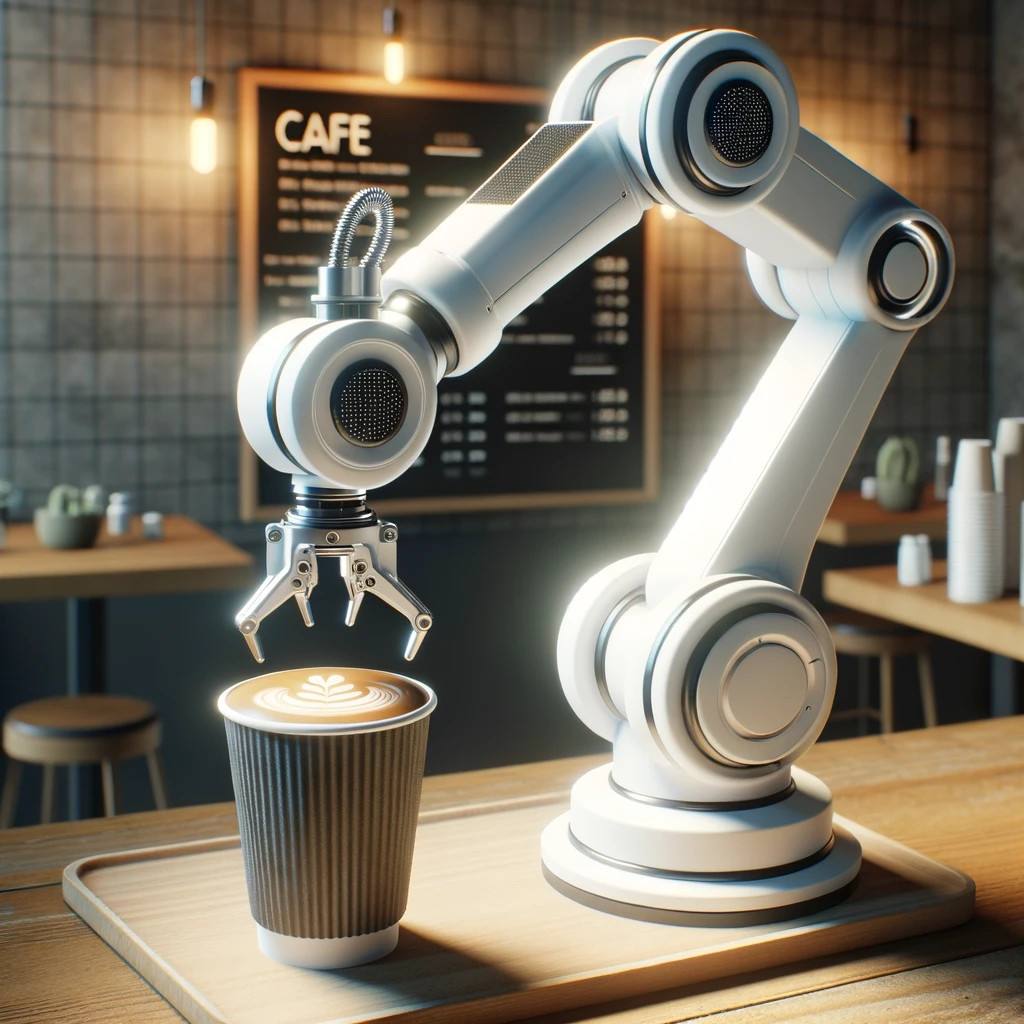
The robot barista system designed by Doosan and Ann House allows for minimal employee movement and fits into the existing layouts of Mega MGC Coffee’s stores. Equipped with grinders and semi-automatic machines, the robot can prepare espresso efficiently, matching human baristas in speed. The companies aim to expand this trial to a few more stores soon and plan to present the results and benefits of this automated solution to other franchisees in the first half of the year.
Feel free to contact us any time if you need assistance or have any questions regarding Korean certifications like KC, KC EMC, KCs, KCs for explosion safety products or KGS factory registration.
Tel. Europe: +49-69-271 37 69 261
Tel. US: +1 773 654-2673
Email: info@korea-certification.com
For more information you can download our free brochure “Korea Certification Made Easy – The Booklet“.
Samsung’s custom Home Devices simplify Household Tasks
Samsung Electronics has unveiled a new lineup of AI home appliances designed to simplify household tasks through advanced technology. The range includes an AI induction stove that automatically adjusts temperatures to prevent food from boiling over, and an AI refrigerator that not only alerts users to expiring ingredients but also suggests recipes based on what’s inside. Home appliances with electronic components often require KC Safety certification to be approved for import and use in the Korean market.
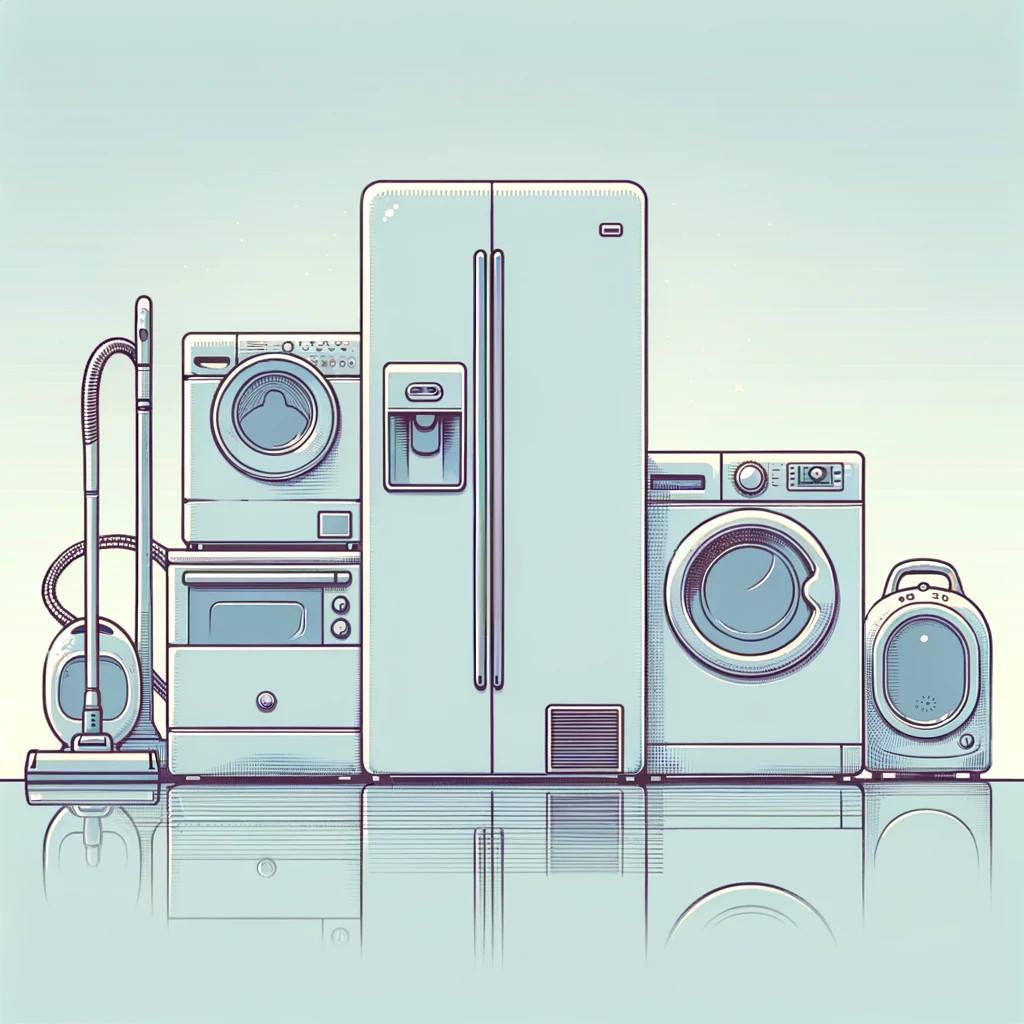
These appliances, which were presented at Samsung’s “Welcome to Bespoke AI” media day in Seoul, are equipped with AI chips, built-in Wi-Fi, internal cameras, and sensors.
They can be controlled via voice commands to Bixby or through a smartphone app, enhancing convenience and interconnectivity with other Samsung devices. The lineup aims to improve home living by integrating sophisticated AI technology across various appliances, including air conditioners, vacuum cleaners, and washing machines. Additionally, these devices can reduce energy consumption by up to 60% with an AI saving mode.
Feel free to contact us any time if you need assistance or have any questions regarding Korean certifications like KC, KC EMC, KCs, KCs for explosion safety products or KGS factory registration.
Tel. Europe: +49-69-271 37 69 261
Tel. US: +1 773 654-2673
Email: info@korea-certification.com
For more information you can download our free brochure “Korea Certification Made Easy – The Booklet“.
Topsoe’s Ammonia-based Technology selected for new Hydrogen Initiative in South Korea
Topsoe, a Danish technology company, has partnered with Approtium, a South Korean hydrogen supplier, to use Topsoe’s H2RETAKE technology for converting low-carbon ammonia into hydrogen. The collaboration includes building an ammonia cracking plant in Ulsan, South Korea, aiming to produce 75,000 metric tons of low-carbon hydrogen annually starting in 2027. This project supports South Korea’s goal to reduce greenhouse gas emissions by 40% by 2030 compared to 2018 levels. Pressure vessels and similar equipment used for such chemical projects generally require KGS approval to be authorized for import and use in South Korea.
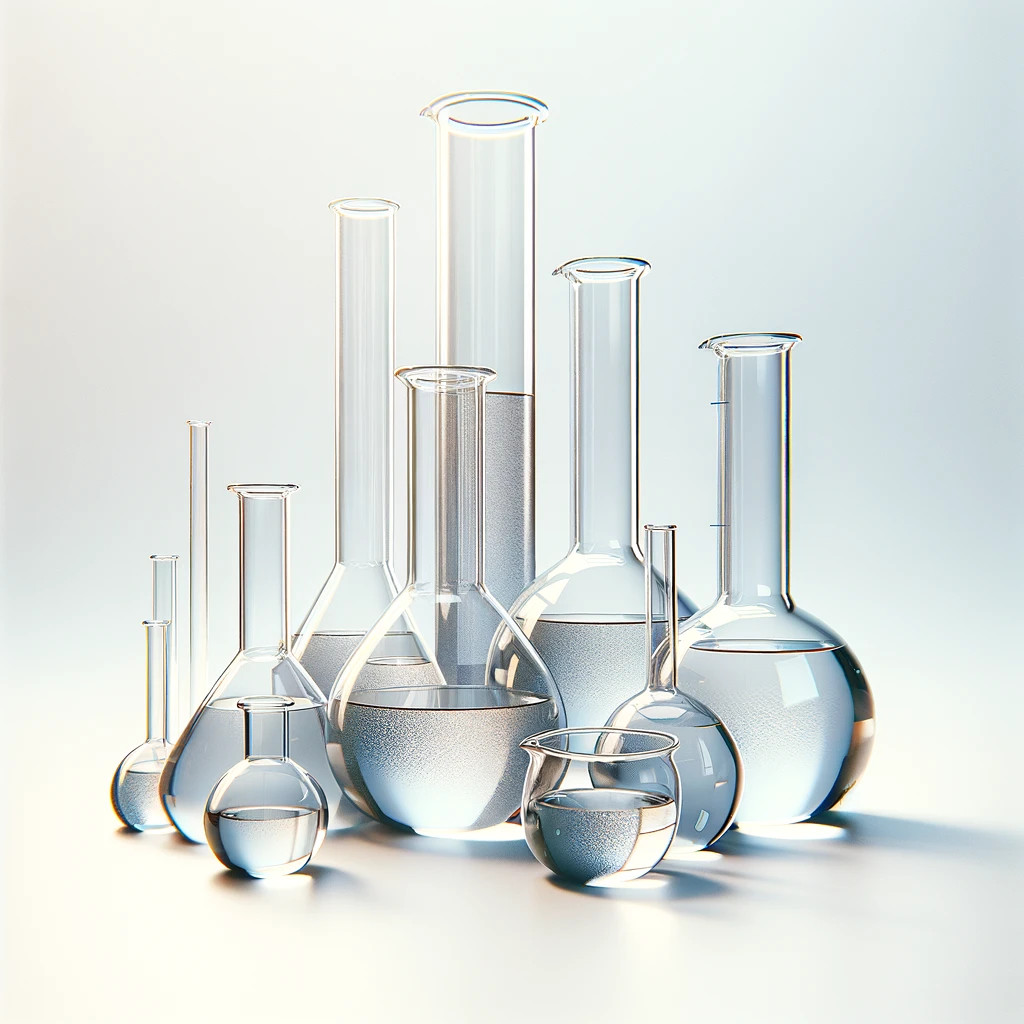
Elena Scaltritti, Topsoe’s Chief Commercial Officer, emphasized the significance of the project in showcasing their technology and the role of ammonia as a vital energy source. She also noted the project’s alignment with global efforts to decrease greenhouse emissions. James Kim, CEO of Approtium, pointed out the project’s role in advancing carbon neutrality in Korea and delivering clean hydrogen to clients.
Additionally, Topsoe highlighted the efficiency of their H2RETAKE technology, which converts ammonia into high-purity hydrogen with an energy efficiency of 96%, and can process any commercial-grade ammonia while utilizing off-gases to enhance overall efficiency.
Feel free to contact us any time if you need assistance or have any questions regarding Korean certifications like KC, KC EMC, KCs, KCs for explosion safety products or KGS factory registration.
Tel. Europe: +49-69-271 37 69 261
Tel. US: +1 773 654-2673
Email: info@korea-certification.com
For more information you can download our free brochure “Korea Certification Made Easy – The Booklet“.
Industry’s first Neon Gas Recycling Technology developed by SK Hynix and TEMC
SK Hynix Inc., alongside its South Korean partner TEMC Co., has achieved a significant milestone by developing the industry’s first neon gas recycling technology for chip manufacturing. This innovation promises substantial economic benefits, with SK Hynix anticipating savings of approximately 40 billion won ($30 million) annually by diminishing its dependency on imported neon gases. Such technology is crucial in the lithography process of chip production, where neon is essential for operating excimer and ultraviolet lasers. Products and components relevant to Gas Recycling Technology usually require a KGS Certification to be approved for import and use on the Korean market.
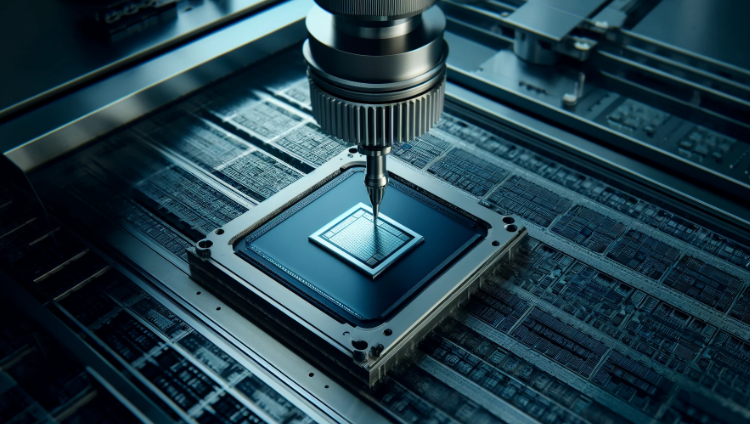
The collaborative effort between SK Hynix and TEMC spans over a year, focusing on a sustainable approach that also aims to reduce greenhouse gas emissions by 12,000 metric tons of carbon dioxide equivalent annually.
In addition to economic savings, the new technology addresses environmental concerns by recycling neon gas that would otherwise be released into the atmosphere after use in chip production. SK Hynix and TEMC utilize a sophisticated system involving scrubbers and gas treatment processes to collect, purify, and reuse discharged neon. This approach not only conserves resources but also aligns with broader industry trends towards sustainability and reduced carbon footprints.
Notably, Korean chipmakers like Samsung have also committed to adopting recycled neon gas to decrease reliance on foreign supplies and enhance environmental sustainability in their operations. The strategic shift towards recycling neon gas underscores the industry’s responsiveness to supply chain vulnerabilities and environmental impacts, as historically, neon has been predominantly sourced from countries like Ukraine, Russia, and China.
Feel free to contact us any time if you need assistance or have any questions regarding Korean certifications like KC, KC EMC, KCs, KCs for explosion safety products or KGS factory registration.
Tel. Europe: +49-69-271 37 69 261
Tel. US: +1 773 654-2673
Email: info@korea-certification.com
For more information you can download our free brochure “Korea Certification Made Easy – The Booklet“.
New Cooperation between SK Innovation, SKIET and Lotte Chemical to push into Carbon Capture Market
SK Innovation, SK IE Technology (SKIET), and Lotte Chemical have formed an alliance last year to advance together in the carbon capture market. They signed a Memorandum of Understanding to collaborate on enhancing carbon capture technologies, focusing on high-performance separator membrane processes, and exploring new applications. Pressure vessels used in this area usually require KGS registration in order to be approved for import and use in Korea.
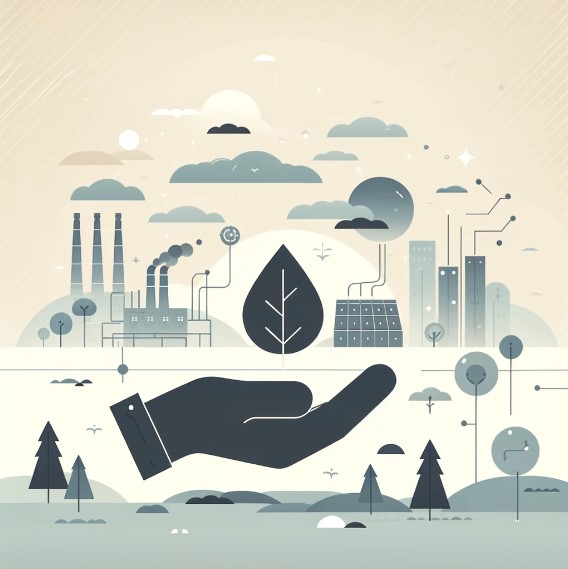
The goal of the cooperating companies is to leverage their strengths in carbon capture to support their commitment to a net-zero future by 2062, with investments in relevant technologies and a focus on commercializing gas separator carbon capture processes for the petrochemical industry. This collaboration aims to lead the carbon capture market and contribute to carbon neutrality.
SK Innovation and SKIET have already made earlier advances with the use of their LiBS (Lithium-Ion Battery Separator) technology, next to Lotte Chemical’s progressive design of a commercial gas separator carbon capture process.
The synergy between the acteurs promises big steps towards the realization of carbon neutrality for the petrochemical industry.
Feel free to contact us any time if you need assistance or have any questions regarding Korean certifications like KC, KC EMC, KCs, KCs for explosion safety products or KGS factory registration.
Tel. Europe: +49-69-271 37 69 261
Tel. US: +1 773 654-2673
Email: info@korea-certification.com
For more information you can download our free brochure “Korea Certification Made Easy – The Booklet“.
Samsung and LG introduce their All-in-One Washer-Dryers
The market for all-in-one washer-dryers is expanding, led by South Korean giants LG Electronics and Samsung Electronics. These devices eliminate the hassle of reloading laundry between washing and drying. In Korea most household appliances require KCs certification in order to be approved for import and distribution.
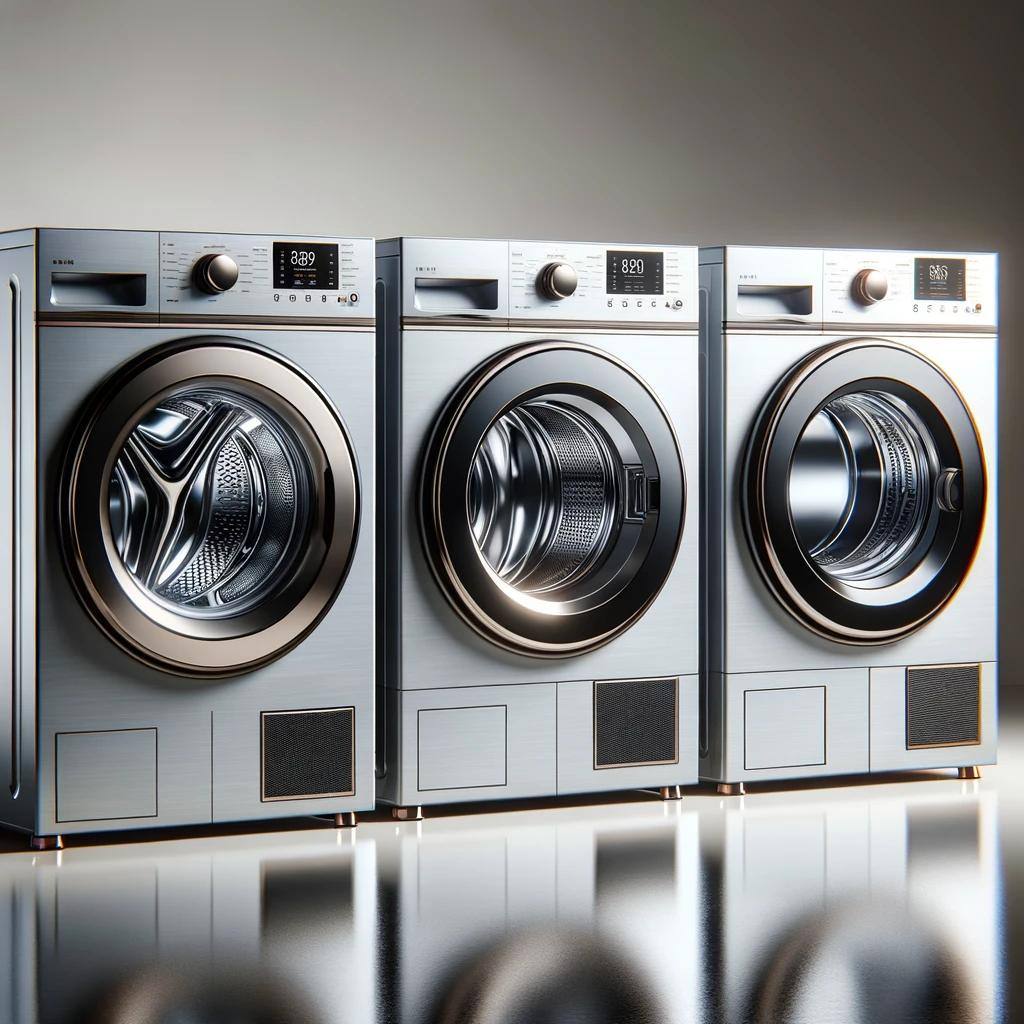
LG and Samsung have been promoting their latest models with a focus on different strengths: LG focuses on energy efficiency through optimized drying performance, while Samsung scores with AI features and an affordable price. Both rely on heat pump technology for drying, a more energy-efficient solution than earlier, energy-intensive models. This technology protects the textiles through low-temperature dehumidification and halves energy consumption compared to traditional methods.
LG’s first model in this new era is the large-capacity “LG Signature Washer-Dryer” with inverter heat pump technology, while Samsung counters with the “Bespoke AI Combo”, which is priced below LG’s premium model. Both brands offer devices with similar base capacity and the ability to wash and dry a small load in as little as 99 minutes, increasing their appeal to consumers.
This push is a kick-off by LG Electronics and Samsung Electronics for the general introduction of innovative all-in-one washer-dryers into the home technology market. It remains to be seen which other models with advanced features and increased energy efficiency will prevail.
Feel free to contact us any time if you need assistance or have any questions regarding Korean certifications like KC, KC EMC, KCs, KCs for explosion safety products or KGS factory registration.
Tel. Europe: +49-69-271 37 69 261
Tel. US: +1 773 654-2673
Email: info@korea-certification.com
For more information you can download our free brochure “Korea Certification Made Easy – The Booklet“.
GS Caltex and LG Chem enter into MOU for Collaboration on Biodegradable Materials
GS Caltex and LG Chem have embarked on a pioneering venture to initiate the world’s first commercial-scale production of next-generation biodegradable plastic materials. The collaboration was formalized through a memorandum of understanding signed at LG Chem’s research and development facility in Seoul, marking a significant milestone following their 2021 joint development agreement. This venture capitalizes on their recent success in establishing a pilot plant for 3-hydroxypropionic acid (3HP), a plant-based key ingredient for creating biodegradable plastics, at GS Caltex’s facility in South Jeolla. Equipment and machinery used in these processes often require KCs Certification (for machinery) or KGS registration (for pressure vessels) in order to be approved for import and use on the Korean market.
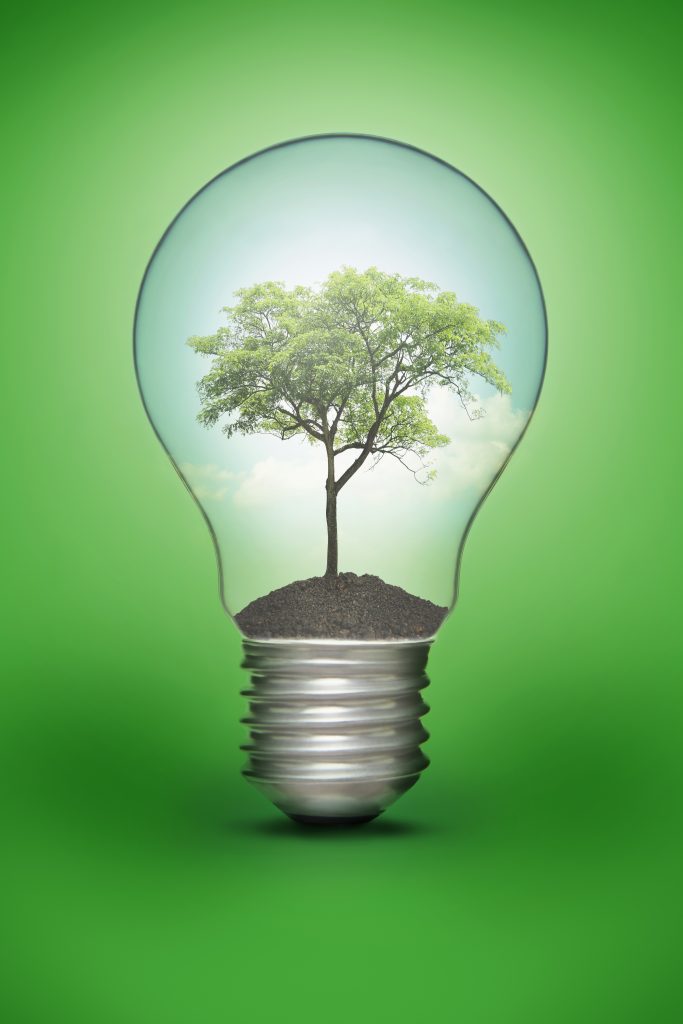
The companies aim to kickstart prototype production of 3HP by early next year, setting the stage for commercial production.This strategic alliance explores the possibility of joint ventures focused on the application of 3HP in various eco-friendly materials. 3HP, derived from plant materials via microbial fermentation, is recognized for its potential to replace petroleum-based plastics with its biodegradability and versatile applications, including in products like diapers and carbon fibers.
The partnership leverages GS Caltex’s expertise in separation technology and LG Chem’s fermentation processes to champion the development of sustainable materials, aiming to bolster their environmental, social, and governance (ESG) credentials and drive the commercial success of innovative, high-value products. Both companies are committed to leading the charge in environmental sustainability, aiming to contribute significantly to global efforts towards achieving net-zero emissions by 2050.
Feel free to contact us any time if you need assistance or have any questions regarding Korean certifications like KC, KC EMC, KCs, KCs for explosion safety products or KGS factory registration.
Tel. Europe: +49-69-271 37 69 261
Tel. US: +1 773 654-2673
Email: info@korea-certification.com
For more information you can download our free brochure “Korea Certification Made Easy – The Booklet“.
Louis Gogger is new Managing Director of MPR International GmbH
Frankfurt am Main – Louis Gogger took over the position of Managing Director of MPR International GmbH on March 1, 2024. Louis Gogger was previously Country Manager India and was largely responsible for the company’s market entry in the fast-growing and promising Indian market.
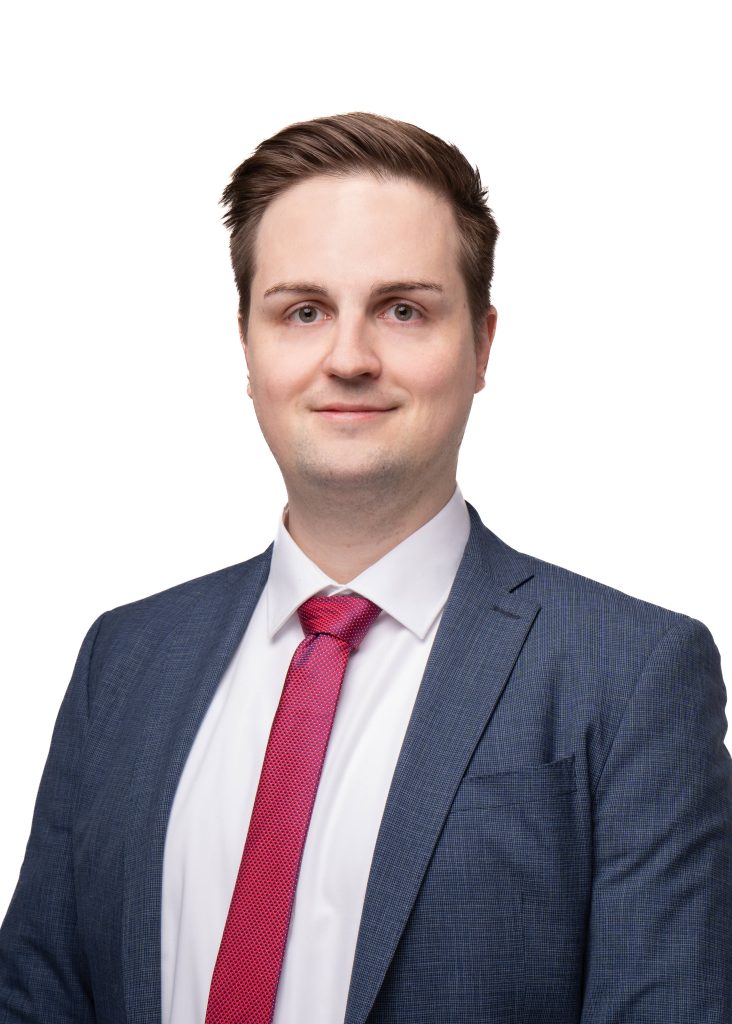
“Louis Gogger has demonstrated outstanding leadership skills and a deep understanding of the dynamics of international markets. He has a clear vision for MPR International and will be able to significantly strengthen the momentum of our development,” says Julian Busch, who has been the sole managing director to date, commenting on this strategically important decision.
Louis Gogger joins the company with the aim of opening up new sales markets and further developing the company’s service portfolio. “The demand for certifications has increased significantly among German and European manufacturers over the past two years, especially for India and South Korea. We are also noticing a dynamization of the approval regulations and test requirements on the part of the authorities, which also requires the professionalization of certification projects. For OEMs and suppliers, as well as exporters, the need for professional advice is becoming increasingly clear,” he says, referring to the significant increase in sales that the company has recorded.
The increasing consideration of sustainability and environmental aspects is also accelerating the increase in approval requirements in the Asian markets. MPR International will therefore adapt its personnel and region to these requirements in order to secure its market leadership for Asian certifications in the long term.
HD Hyundai to create Smart Shipyards with Siemens
HD Hyundai, known for its activities in shipbuilding, oil refining, and machinery, announced its partnership with German engineering leader Siemens, to modernize its shipyards. The collaboration was formalized through an agreement signed last October in Seongnam, Gyeonggi, aiming to revolutionize HD Hyundai’s shipbuilding operations from the drawing board to production. This initiative is anticipated to streamline costs, enhance efficiency, and significantly increase output through the adoption of a digitalized and automated production system. Products and equipment from this area usually require KCs certification in order to be approved for import and sales on the Korean market.
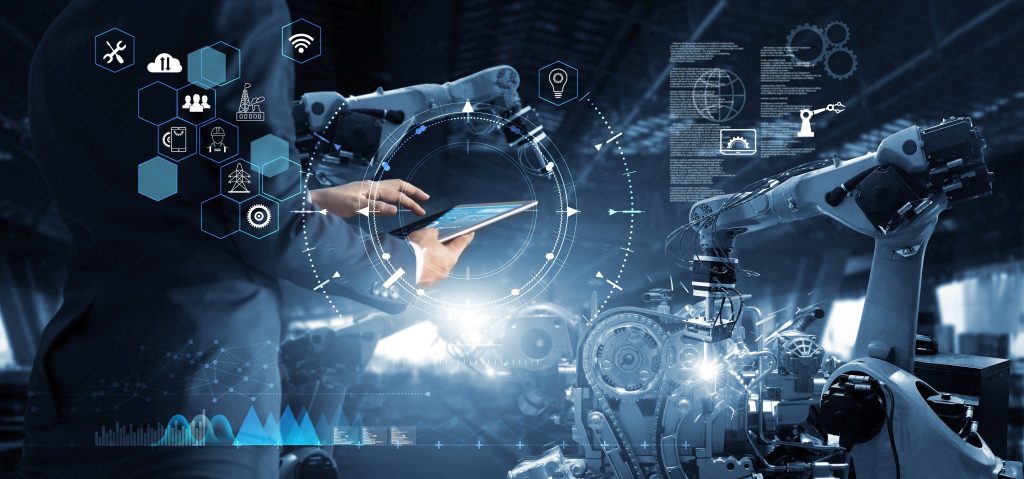
As the parent company of HD Korea Shipbuilding & Offshore Engineering Co., the premier shipbuilding entity globally, HD Hyundai oversees three subsidiaries: HD Hyundai Heavy Industries Co., Hyundai Mipo Dockyard Co., and Hyundai Samho Heavy Industries Co. The conglomerate’s strategy includes the initial deployment of robotic technologies for tasks such as steel plate shaping and welding at the Hyundai Mipo Dockyard in Ulsan, a major industrial hub, by 2025. Additionally, a cyber-physical system for design is to be established.
Following these steps, HD Hyundai plans to integrate this innovative production system with a cutting-edge design platform currently under development by HD Hyundai Heavy Industries and Hyundai Samho Heavy Industries. This collaboration with Siemens propels HD Korea Shipbuilding towards the achievement of a fully smart shipyard, a milestone HD Hyundai aims to reach by 2030.
Feel free to contact us any time if you need assistance or have any questions regarding Korean certifications like KC, KC EMC, KCs, KCs for explosion safety products or KGS factory registration.
Tel. Europe: +49-69-271 37 69 261
Tel. US: +1 773 654-2673
Email: info@korea-certification.com For more information you can download our free brochure “Korea Certification Made Easy – The Booklet



